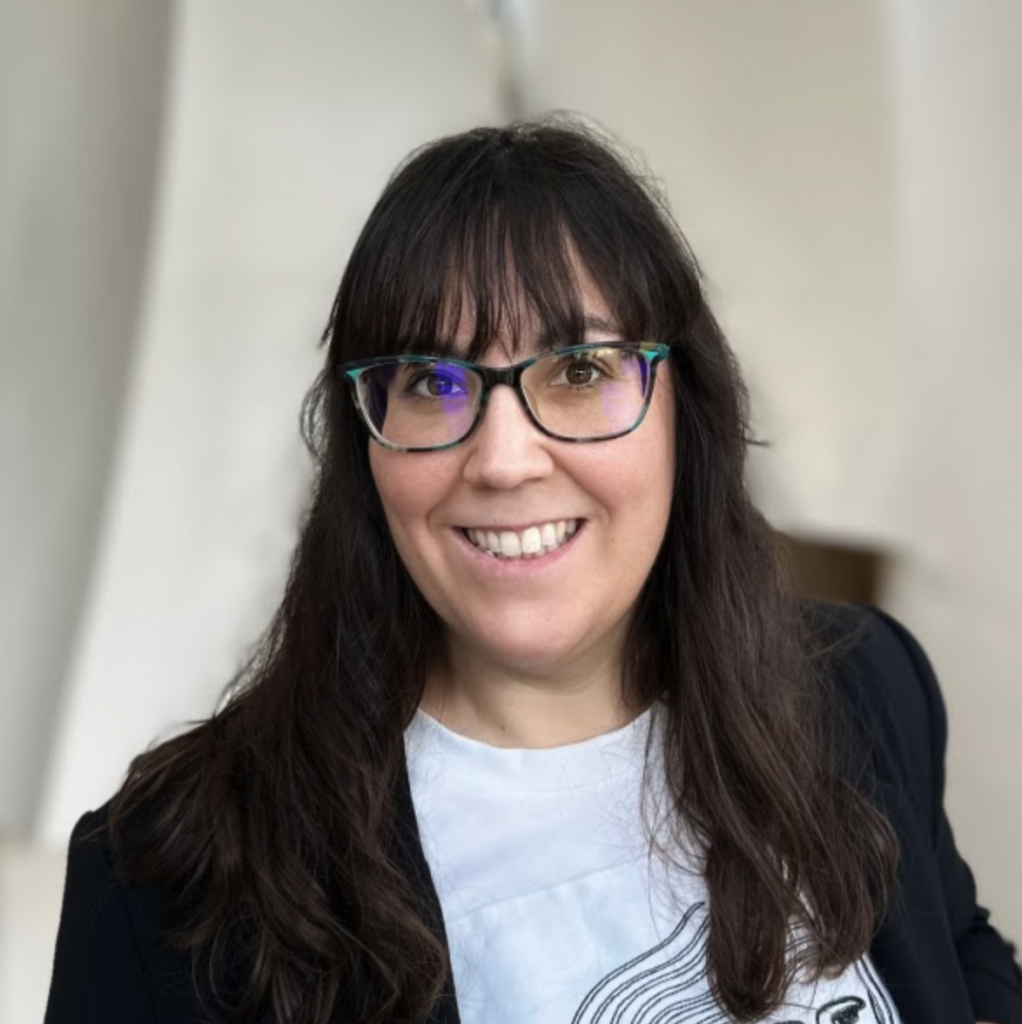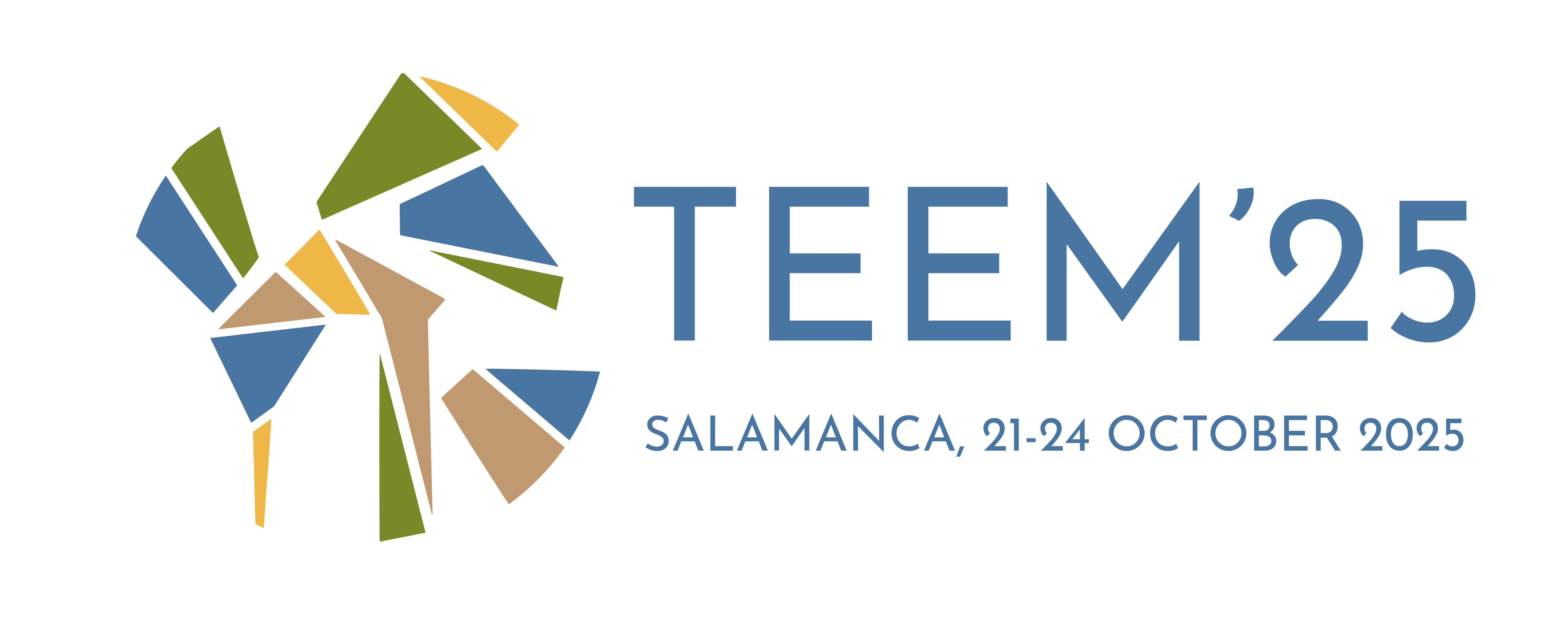Diversity and equal opportunities remain critical challenges across many sectors of society, particularly in Science, Technology, Engineering, and Mathematics (STEM). These fields are key drivers of societal progress, yet they often reflect significant disparities in representation and access. The rapid evolution of technology and its impact on labor markets has further highlighted the urgency of addressing these inequalities. As the World Economic Forum emphasized, governments must enhance educational policies to equip individuals of all ages with the skills needed to thrive in STEM fields.
Promoting inclusion and addressing inequality are fundamental to achieving the UNESCO Sustainable Development Goals (SDGs) by 2030. Among these objectives is the commitment to “empower and promote the social, economic, and political inclusion of all, irrespective of age, gender, disability, race, ethnicity, origin, religion, or other status” (SDG 10.2). Encouraging diverse participation in STEM—across cultures, abilities, ethnicities, and gender identities—has become a priority for organizations, educational institutions, and governments striving to create equitable opportunities for all.
Despite women comprising nearly half of the global population, they remain underrepresented in STEM fields, particularly leadership and decision-making roles. This underrepresentation is further compounded by intersecting factors such as race, socioeconomic background, and other dimensions of identity. Addressing these gaps requires concerted efforts to break down barriers, challenge stereotypes, and foster inclusive environments.
This seventh edition of our initiative will highlight innovative strategies, projects, and best practices to promote diversity and reduce inequality in STEM, including academia, industry, and the third sector. Discussions will encompass not only gender diversity but also dimensions such as ethnicity, sexual orientation, culture, and more, emphasizing the importance of intersectionality in creating meaningful change. We invite contributions that explore these themes and offer actionable insights into fostering an inclusive and equitable STEM landscape for all.
Topics
- Fostering diversity in STEM fields
- Attracting women to STEM studies
- Diversity, inclusion and intersectionality in STEM
- Teaching innovation related to inclusion and diversity
- Gender mainstreaming in education and research
- Best practices about diversity in STEM
- Dissemination initiatives to promote diversity in STEM
- Gender studies in STEM
- Actions against prejudices and stereotypes
- Promoting women in scientific careers
- Ethics and diversity in STEM
- IA for promoting inclusion and diversity in STEM
- Cultural diversity in education and research in STEM
- Co-education practices for STEM
- Gender technologies
- Gender bias in technologies
- Women leadership in STEM
Post-proceedings
Authors with the best papers will be invited to prepare and submit extended versions to be considered for publication in Discover Sustainability under the collection “Promoting Gender Equality in STEM for Sustainable Development“. This invitation does not guarantee acceptance of your submission. Each proposal will go through a rigorous peer-review process.
Discover Sustainability (Springer Nature) has an impact factor: 2.4 (2023), article downloads of 322,191 (2023). It has been indexed in several prestigious databases, including the Emerging Sources Citation Index (ESCI), Scopus with a CiteScore 2023 of 4.0 and many other services.
Track Scientific Committee
Adriana Gamazo, University of Salamanca, Spain
Amparo Camacho Díaz, Universidad del Norte, Colombia
Ana Belén González Rogado, University of Salamanca, Spain
Andrea Vázquez-Ingelmo, University of Salamanca, Spain
Anita Tabacco, Politecnico di Torino, Italy
Cassia Gonçalves Isac, IFRJ, Brazil
Elvira Rincón-Flores, Tecnológico de Monterrey, Mexico
Encarnación Gimeno Nieves, Universidad de Alicante, Spain
Francisco José García-Peñalvo, Universidad de Salamanca, Spain
Jezabel Molina Gil, University of La Laguna, Spain
José Carlos Sánchez-Prieto, University of Salamanca, Spain
Juan Felipe Calderón, Universidad Andrés Bello, Chile
Lourdes Moreno, University Carlos III of Madrid, Spain
María Elena Truyol, Universidad Andrés Bello, Chile
María Luisa Sein-Echaluce Lacleta, University of Zaragoza, Spain
María Soledad Ramírez-Montoya, Tecnológico de Monterrey, Mexico
Marta Martín del Pozo, University of Salamanca, Spain
Mónica Quezada Espinoza, Universidad Andrés Bello, Chile
Noemí Merayo Álvarez, University of Valladolid, Spain
Patricia Jimenez, Pontificia Universidad Católica de Valparaíso, Chile
Patricia Paderewski, University of Granada, Spain
Patricia Sánchez-Holgado, University of Salamanca, Spain
Pino Caballero-Gil, University of La Laguna, Spain
Silvia Rueda Pascual, University of Valencia, Spain
Sonia Contreras-Ortiz, Universidad Tecnológica de Bolívar, Colombia
Sonia Verdugo-Castro, University of Salamanca, Spain
Verónica Rodríguez Betancourtt, Universidad de Guadalajara, Mexico
Vilma Viviana Ojeda-Caicedo, Universidad Tecnológica de Bolívar, Colombia
CHAIRS:

Alicia García-Holgado
Universidad de Salamanca, Spain

Carina S. González-González
Universidad de La Laguna, Spain

Ángeles Domínguez Cuenca
Tecnológico de Monterrey, Mexico
